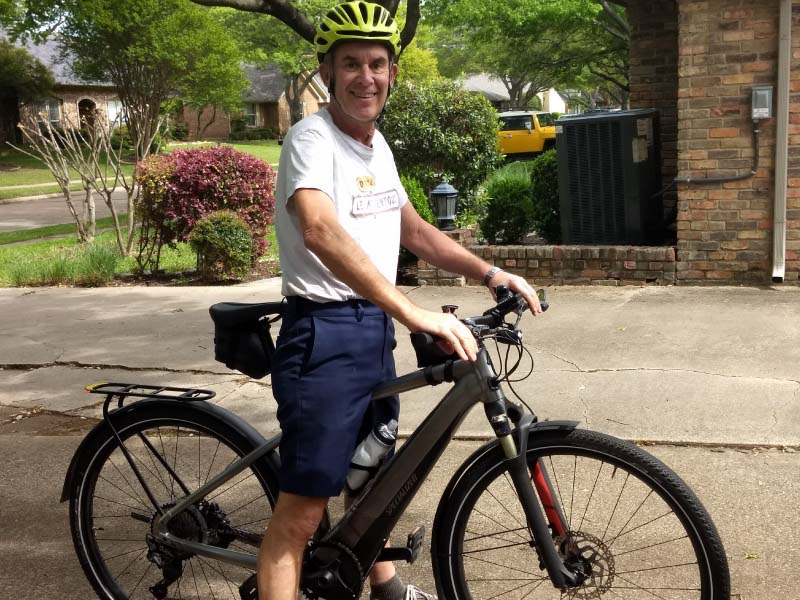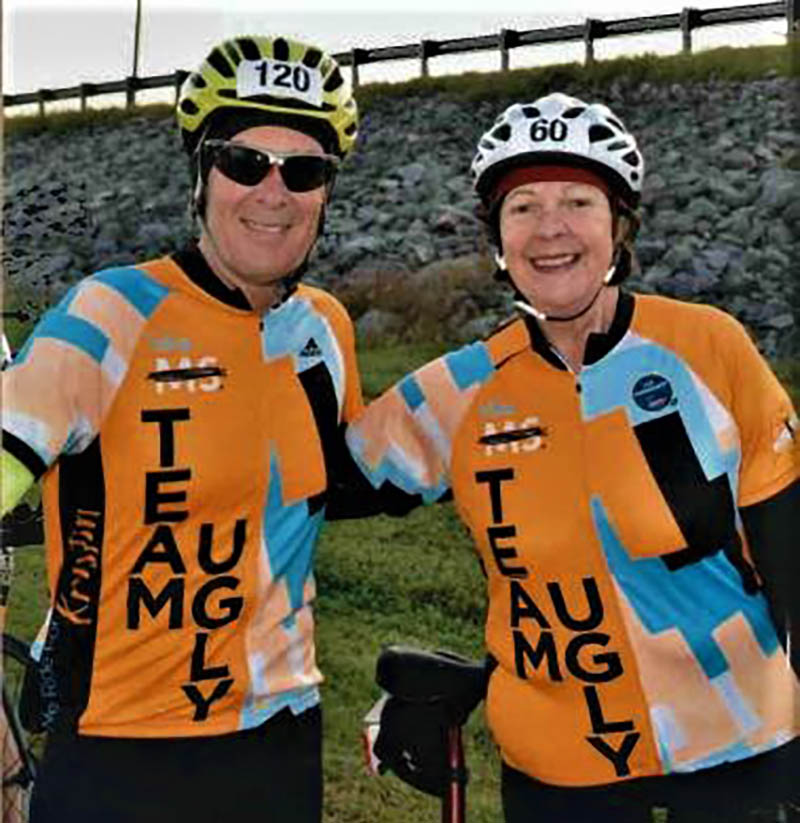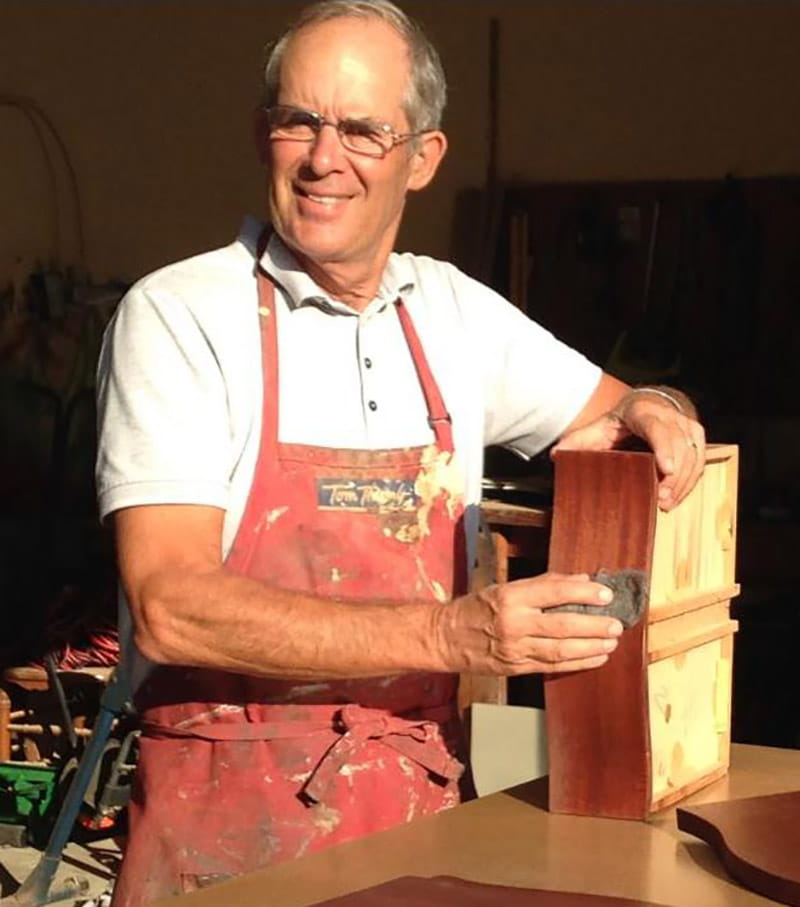Retiree doesn't let heart issues slow him down
By Stefani Kopenec, American Heart Association News

A few months before the pandemic, Chris Mathews was 20 miles into a 32-mile ride with his bicycle club when he lost all strength in his legs and body.
Chris, then 72, moved over and signaled for others to pass. Then his mind became a "complete fog." He stopped pedaling, slumped over his handlebars and crashed into his wife, Natalie.
Chris landed face down on the pavement, breaking his collarbone. Natalie fractured her kneecap.
"I know what happened because the whole event was being videoed by the ride leader with his action camera," said Chris, who lives in Plano, Texas. "I got to see it many, many times. It was pretty gruesome."

A pacemaker in his chest also recorded the episode and showed he'd experienced ventricular tachycardia, a fast, potentially deadly heart rate. Luckily, Chris regained consciousness minutes later, with his heart back to a normal rhythm. He's since received an implantable cardioverter defibrillator, or ICD, which can shock his heart back into a normal rhythm if needed.
Serious, and often deadly, heart problems are nothing new in Chris' family.
Chris had a heart attack at age 53, also while riding his bike. He required two stents to open his arteries. After that, he started learning everything he could about his heart to help it survive what he considered "the inevitable next cardiac event."
"My grandfather, my father and one brother have all died of heart attacks," he said. "My other two brothers have had heart attacks. One brother needed only a stent, and the other brother had triple bypass surgery."
Chris vowed to buck the trend.
"I am the oldest surviving male in my family for at least the past three generations," he said.
But it hasn't been smooth sailing.
"I have had double bypass surgery, 11 stents implanted over the years, a pacemaker implanted, aortic stenosis cured with a new valve once owned by a cow, and my pacemaker replaced with an ICD as a result of this latest event," Chris said.
The former systems engineer hasn't left his health to chance. He has done years of research and spoken with health care professionals to formulate a four-pronged lifestyle plan.
He exercises to maintain a strong heart and to fight another nemesis: Type 2 diabetes. He eats a heart-healthy diet. He takes seven medications exactly as prescribed. And he never misses a doctor's appointment.
"He does everything right," said Dr. Jai Varma, his cardiologist since 2017. "If you look at his profile, if you look at him physically, you would think of him being in perfect health in terms of the potential risks for heart disease."
Despite an aggressive treatment plan and lots of evaluations, imaging and testing, Chris still has issues once a year or so.
"The only thing we can lay our fingers on is genetics," Varma said. "Except for that, he is one of those people that in spite of doing everything right, things keep happening."
Chris wants to help others by showing them that his approach – exercise, healthy eating, medication and doctors – can be easy to remember and possible to sustain. He said it works well for him and enables him to do the things he loves, like traveling with his wife, refinishing furniture and playing pickleball.

Doctors told him having a healthy heart proved beneficial when he needed it.
"The key is to get the healthy heart ahead of time," Chris said. "Don't wait for the heart attack."
Stories From the Heart chronicles the inspiring journeys of heart disease and stroke survivors, caregivers and advocates.
If you have questions or comments about this story, please email [email protected].





